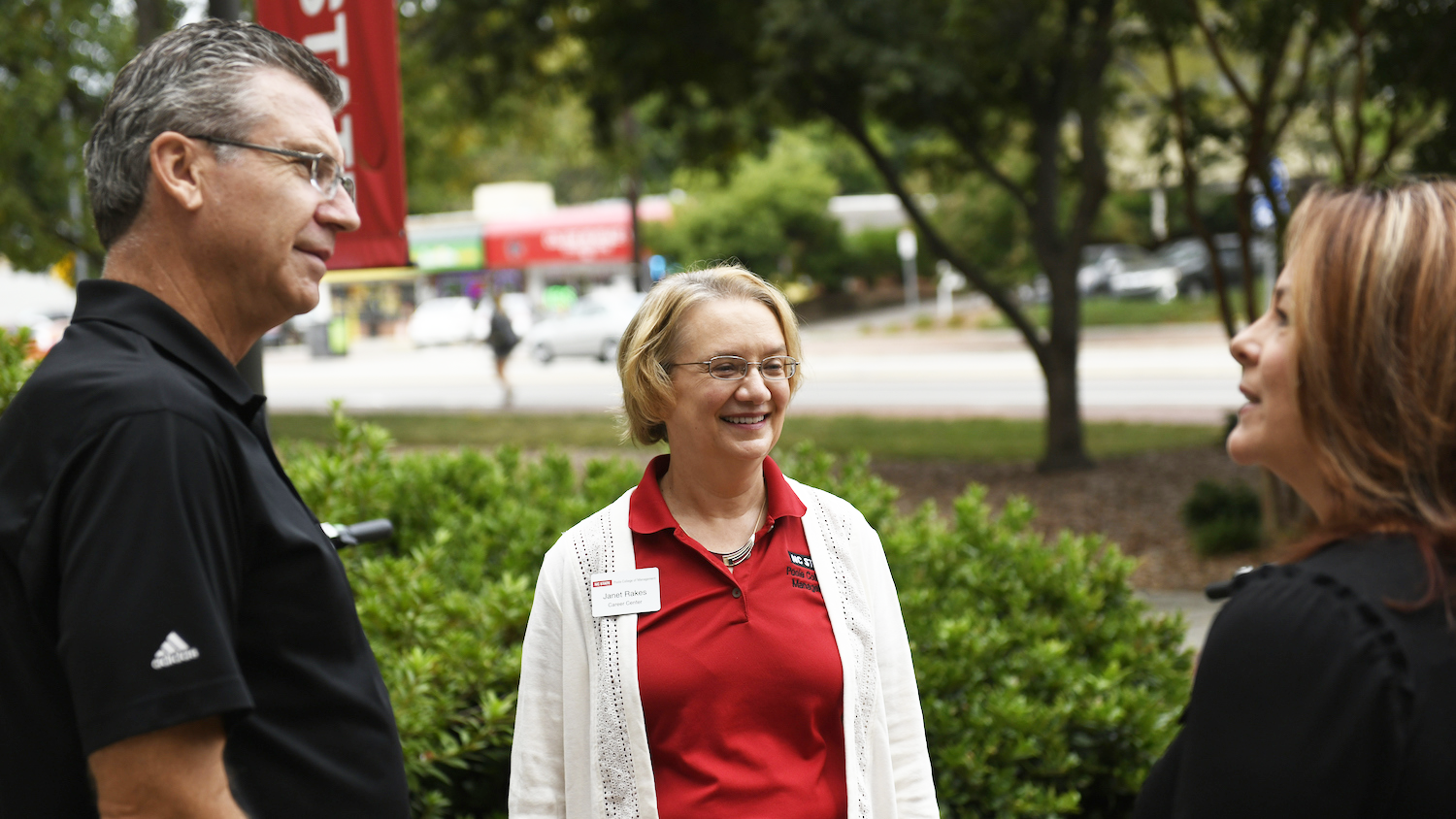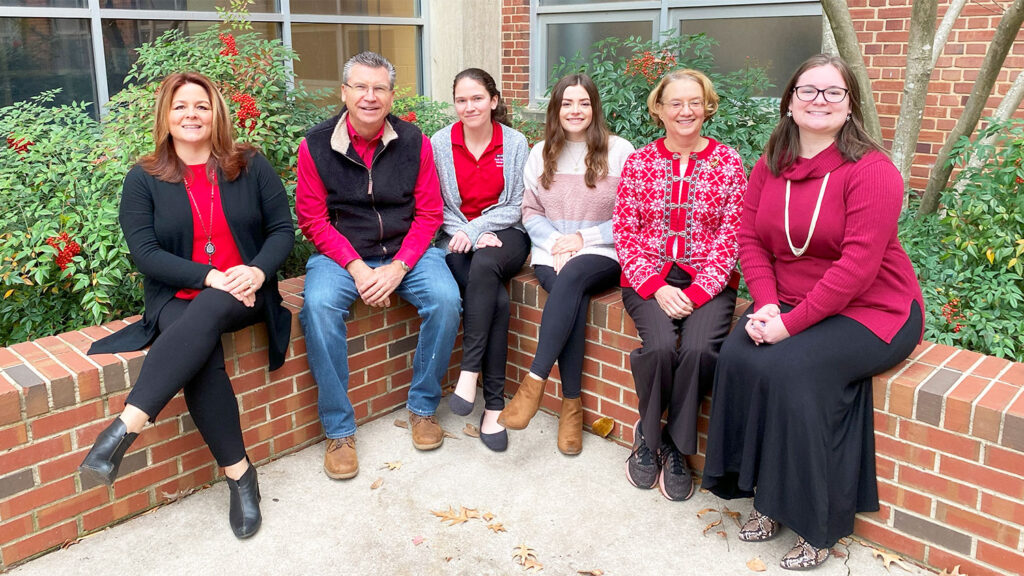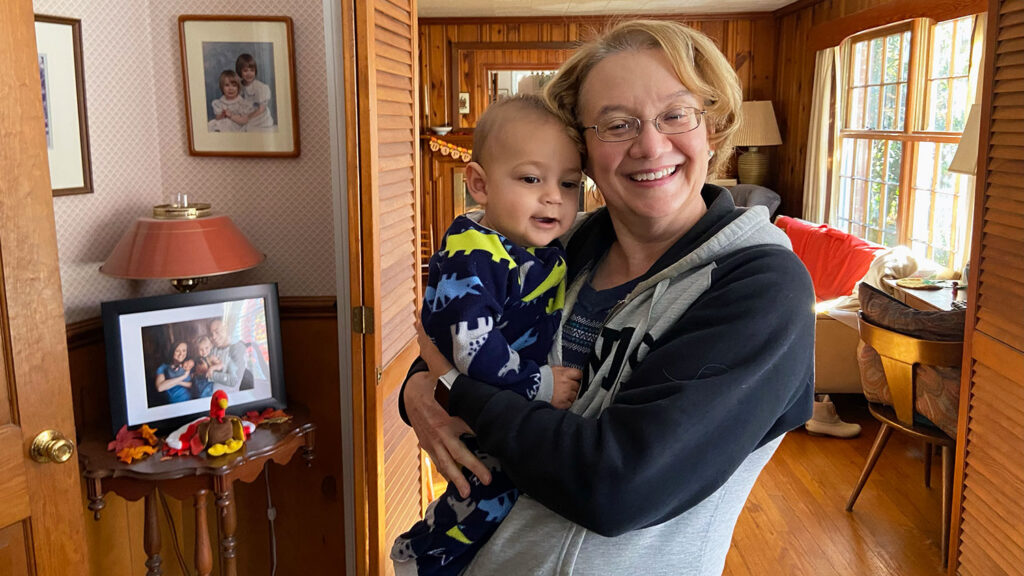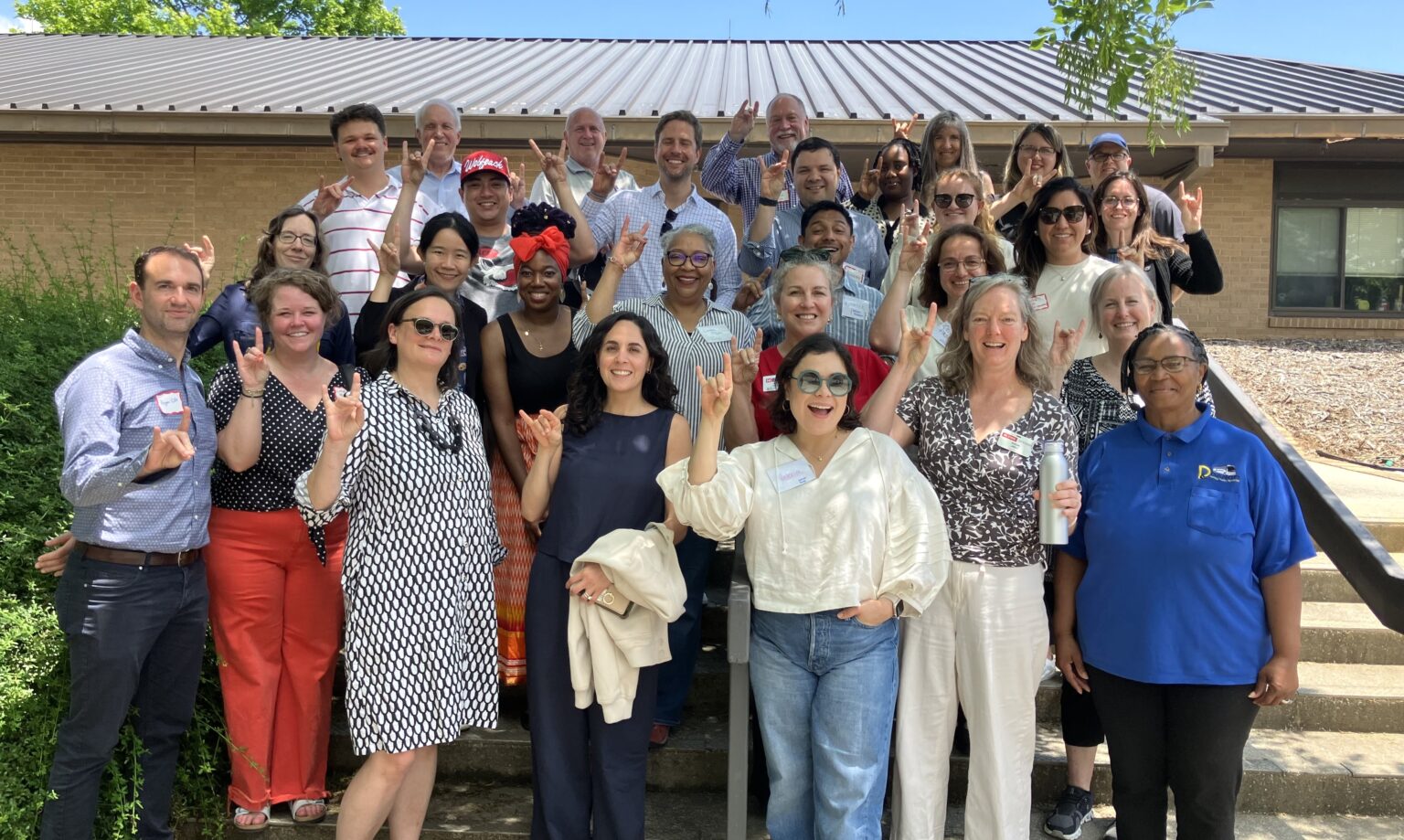‘A Strong Ripple Effect’: Career Center’s Janet Rakes Leaves Legacy of Service
After 15 years with the Poole College of Management, Janet Rakes plans to pay it forward in retirement, continuing to serve students in need.

By Jess Clarke
Janet Rakes’ passion is helping students to find theirs — about 10,000 of them in the past 15 years, in fact.
After she retires August 1, Rakes, an assistant director at the Poole College of Management Career Center, will pursue her own keen interests. And one of them will be continuing to work with undergraduates, but as a volunteer.
Why? Because the mission-focused grandmother wants to address a growing need: helping students struggling with debt and prone to food and housing insecurity.
“More than any other place I’ve ever worked, Poole College and my outstanding career team have allowed me the time and resources to help students and really make a difference in their lives. That’s why I stayed,” Rakes says.
The difference she’s made in students’ lives has a potential multigenerational influence on career success and financial independence.
“More than any other place I’ve ever worked, Poole College and my outstanding career team have allowed me the time and resources to help students and really make a difference in their lives.”
“My aim, and the aim of our career team, is to help every student find a career they’ll really enjoy,” Rakes says, “and to find financial security, so they and their children and their children’s children will never know financial hardship.
“Once these students have children, they can teach their children how to teach their children how to find a satisfying career. Providing students with effective career guidance has a very long-range impact.”
In matching students with careers, Rakes asks: How would they want to spend their life if money didn’t matter? When they have an answer, “Then I have a target, and I try to help them get as close as possible to what they most want to do and still be practical and take into account family obligations and their skills,” she says.
Rakes’ guidance, and that of her Career Center colleagues, has yielded promising results.
Based on career surveys NC State sends to graduates, “Poole students do very well. Year after year, they’ve indicated they’re satisfied or very satisfied with the career they’re going into,” Rakes says.
A survey from May 2022 showed the average salary for new Poole graduates was over $63,000. “If we’re achieving that level of financial security,” she notes, “we’re achieving what we wanted to achieve.”
Another achievement for the career center team was recent Poole approval for a career readiness course (M120) the team developed. The course is required for transfer students and an elective for others. She calls that a big breakthrough in providing crucial career information to undergraduates.

Rakes’ role in initiatives for student well-being is one reason she received an NC State Award for Excellence for customer service this spring. The award nomination cites a clothes closet service she helped launch for Poole students to access professional attire and her efforts to address food insecurity.
Food and housing insecurity among college students nationally is a trend Rakes has noted over the years.
The 2008 Great Recession marked her start at the Career Center. Since then, employers increasingly have wanted new hires to have career-related experience from hands-on opportunities in college. The importance of GPAs generally has decreased in the past few years as work experience has become more crucial.
“Employers realize when they get interns and they turn into full-time hires, those with higher GPAs aren’t necessarily performing better. It’s the work they’ve done in an internship that’s a better predictor of success once they’re full-time in the job,” Rakes says.
As a result, many Poole seniors have jobs waiting after graduation — before they start their senior year — usually because of internships.
“If you make positive change in your own little world, it can have a strong ripple effect.”
Another national trend is high student debt. Rakes is concerned about students dropping out because of debt, and the food and housing insecurity debt can drive. Some students end up without a degree in a job that doesn’t require a college education. That leaves them worse off financially than when they started college.
Last fall, she initiated a first-generation career support group and employer mentor program. She met with students weekly to discuss resumes, interviewing, salary negotiation and related topics, and connected them with industry mentors.
“If you could take what our career team has achieved and implement these strategies and programs as soon as students arrive at college, I can’t imagine the impact it could have on the entire economy. We have developed a little microcosm that works,” Rakes says. “That’s why I went into career services and why I love it — because of the potential it has to make such a positive impact on the whole country.”

In retirement, she looks forward to spending more time with her grandchildren, traveling and tutoring children in a Latinx community her church supports. She’ll also continue working with first-generation Poole students and volunteering at the Pack Essentials hub.
Rakes will follow her own advice for students: “When you’re given a choice, choose to go the extra mile because usually you’ll be glad you did as you think back over your life,” she says. “If you make positive change in your own little world, it can have a strong ripple effect.”
- Categories:


